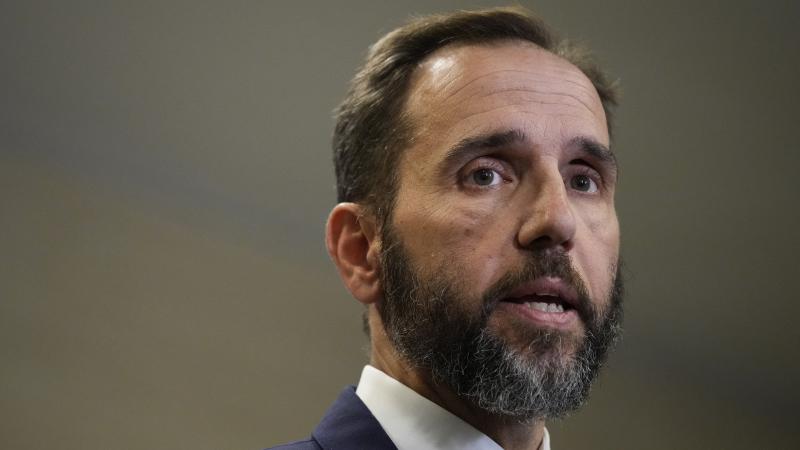Report shows largest cities debt grows despite COVID-relief funds
Truth in Accounting’s sixth annual Financial State of the Cities report found that 61 cities did not have enough money to pay all their bills.
A new report on the fiscal health of the 75 most populated U.S. cities during fiscal year 2020 paints a bleak picture.
Truth in Accounting’s sixth annual Financial State of the Cities report found that 61 cities did not have enough money to pay all of their bills. Total debt among the 75 largest U.S. cities amounted to $357 billion at the end of the fiscal year 2020, which was $23.5 billion worse than the last fiscal year.
Chicago has the second highest debt of large U.S. cities, saddling each city resident with over $43,000 dollars in unpaid bills. Only New York City residents owe more.
The report viewed the Second City as a “sinkhole city” because it owed nearly $39 billion in debt largely stemming from underfunded pension obligations.
The average taxpayer burden across all 75 cities in the report comes out to $7,731.
“Those taxpayers are going to pay future taxes to cover that debt and they are not going to receive any government services or benefits related to those taxes,” said Truth in Accounting founder and CEO Sheila Weinberg.
Other “sinkhole” cities include Honolulu, Philadelphia and Portland.
Fiscal policy expert Liz Farmer said a majority of cities’ finances worsened despite an infusion of American Rescue Plan Act funds from federal taxpayers.
“They can’t use it to make pension payments and they can’t use it to wipe away any of the existing debt that they accumulated, but what they could do this time was they could use it to replace lost revenue,” Farmer said.
There is some good news as the report found that 14 of the largest cities had more than enough money to pay their bills, a key indicator of long-term financial health. The top three “sunshine” cities included Washington, D.C., Irvine, Texas, and Lincoln, Nebraska.
The report used annual data up to June 30, 2020, before the federal government infused billions of dollars into city accounts.















